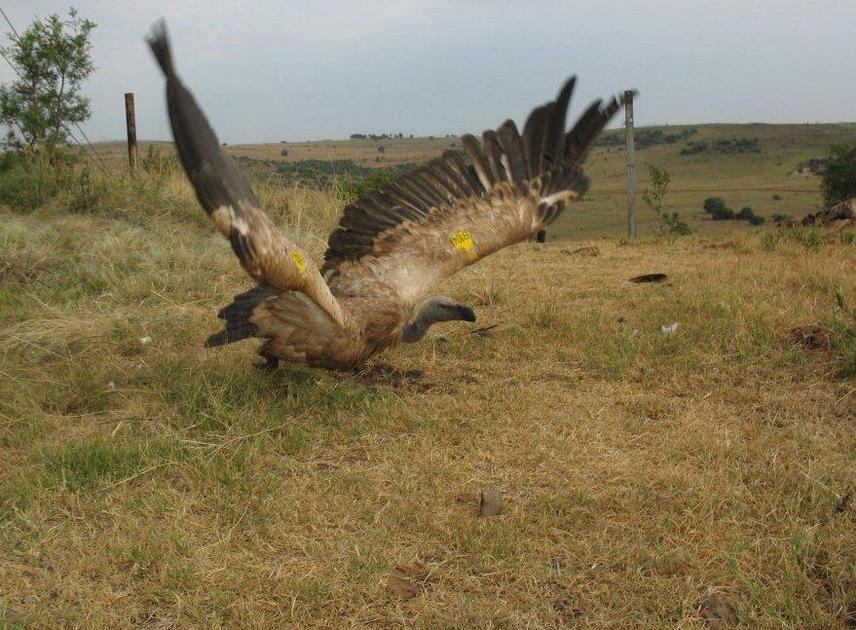Monica Mwale
This project aims
• To set up a baseline genetic databases of the profiles and genetic diversity among wild and captive bred populations of three critically endangered South African vulture species to inform conservation management for the protection and integrity of gene-pools of each species.
• To use these species databases in the development, validation and application of genetic markers for DNA forensic techniques for wildlife crime investigation.

The impact of human activities on the environment threatens the survival of bird populations worldwide and has led to a drastic reduction in geographic ranges and subsequently population sizes. Consequently, science-based conservation activities for proactive and sustainable management have become increasingly important and necessary for rare, threatened and endangered South African species. This project will use genetic methods to study vulture species that require mitigation measures including forensic approaches and genetic profiling for ex-situ conservation due to the possibility of local extinction. These species population sizes have been affected mainly due to human related activities that have led to a loss of habitat and prey (carrion), poisoning and collisions (powerlines, wind turbines) as well as poaching and illegal trade practices (traditional medicines).
This project aims to set up genetic databases for three South African vulture species, namely the white-backed vulture Gyps africanus, the Cape vulture Gyps coprotheres and the bearded vulture Gypaetus barbatus. There is also a need to develop validated genetic techniques for forensic investigations for monitoring illegal trade such as traditional medicine trading activities. Several aspects of conservation genetics including the identification of populations, species and individual genotype assignments will be done through the analysis of genetic differences within and among populations. The validated datasets will also be a useful genetic tool for identification, population assignment and gender verification for ex-situ conservation (rehabilitation and relocation). These tests will be especially important for non-detrimental sampling procedures (e.g. feathers or faecal samples) that are useful and critical to reduce the negative effects of invasive sampling on small isolated natural populations. The expected outcomes of the project should therefore be useful in forensic crime prosecution, generating policy and for planning better effective conservation actions for these species for the national biodiversity management plans.